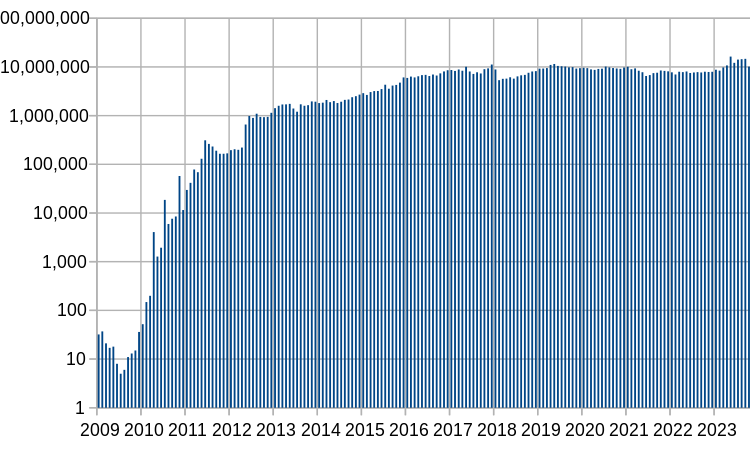CIOs eager to test the AI assistant despite the premium cost
- Microsoft’s AI Copilot is set to be available through its 365 platform
- CIOs are eager to test the AI assistant despite the premium price
- Copilot leverages generative AI to perform various business tasks
- The $30-a-month price tag per user is a consideration for some
- CIOs believe Copilot represents a paradigm shift in how people work
- Tracking the bottom-line value of Copilot may be challenging
- Microsoft aims to dominate enterprise adoption of generative AI
- 40% of the Fortune 100 are already using Copilot in an early access program
- Rivals Google and Amazon are also investing heavily in AI
- Forrester forecasts that nearly 6.9 million US knowledge workers will adopt Copilot by 2024
Microsoft is set to make its AI Copilot available through its 365 platform, prompting CIOs to assess whether the technology justifies its premium price. Copilot utilizes generative AI to perform various business tasks, such as summarizing video calls and transforming documents. While the $30-a-month price tag per user is a consideration for some, CIOs believe that Copilot represents a paradigm shift in how people work, making workers faster, more knowledgeable, and potentially eliminating certain tasks. However, tracking the bottom-line value of Copilot may prove challenging. Microsoft aims to dominate enterprise adoption of generative AI, with 40% of the Fortune 100 already using Copilot in an early access program. Rivals Google and Amazon are also investing heavily in AI. Forrester forecasts that nearly 6.9 million US knowledge workers will adopt Copilot by 2024.
Factuality Level: 7
Factuality Justification: The article provides information about Microsoft’s AI Copilot and its potential value for businesses. It includes quotes from Microsoft executives and CIOs who are interested in testing the AI assistant. The article also mentions the cost of the Copilot and compares it to the existing Microsoft office suite. It provides some insights into the potential benefits and challenges of implementing the AI assistant. Overall, the article seems to provide factual information without significant bias or misleading content.
Noise Level: 6
Noise Justification: The article provides information about Microsoft’s AI Copilot and its potential impact on businesses. It includes quotes from CIOs and executives discussing the benefits and costs of the technology. However, the article lacks in-depth analysis and evidence to support the claims made. It also focuses primarily on Microsoft’s perspective and does not explore potential drawbacks or alternative solutions. Overall, the article provides some useful information but lacks depth and critical analysis.
Financial Relevance: Yes
Financial Markets Impacted: The article discusses Microsoft’s AI Copilot and its potential impact on business productivity. It mentions that CIOs are eager to test the AI assistant, which could generate value for Microsoft and potentially impact the company’s financial performance.
Presence Of Extreme Event: No
Nature Of Extreme Event: No
Impact Rating Of The Extreme Event: No
Rating Justification: The article primarily focuses on the introduction of Microsoft’s AI Copilot and its potential impact on business productivity. While there is no mention of any extreme events or financial market disruptions, the article is relevant to financial topics as it discusses the potential value and cost considerations of the AI assistant.
Public Companies: Microsoft (MSFT), BNP Paribas Exane (), Northwestern Mutual (), OpenAI (), Google (GOOGL), Amazon (AMZN), Dentsu (), Forrester (), HRCI (), CITY Furniture ()
Key People: Satya Nadella (Chief Executive, Microsoft), Jared Spataro (Corporate Vice President of Modern Work and Business Applications, Microsoft), Stefan Slowinski (Global Head of Software Research, BNP Paribas Exane), Jeff Sippel (Executive Vice President and Chief Information Officer, Northwestern Mutual), Brian Klochkoff (Executive Vice President of Innovation and Emerging Technologies, Dentsu), Chris Scandlen (CIO, HRCI), Chad Simpson (CIO, CITY Furniture)
Reported publicly:
 www.wsj.com
www.wsj.com 





